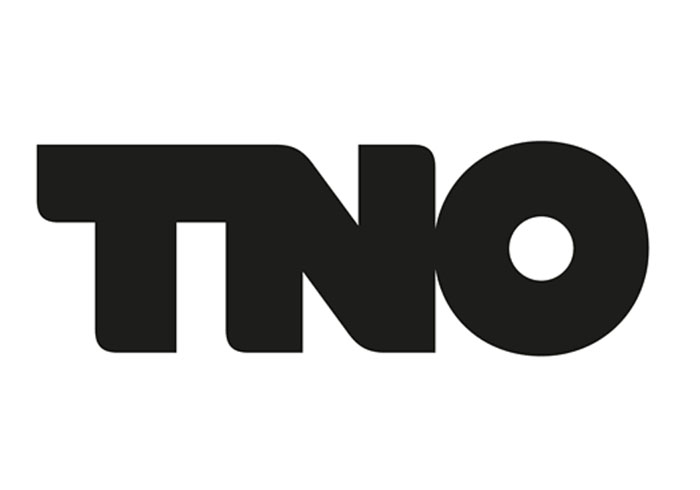

Immutability vs Confidentiality
By Andrea d’Auria – Blockchain Engineer at TNO
While the scientific community is stressing the value of immutability for trust, we still see companies reluctant to blockchain adoption as they are not willing to give up confidentiality, and this created the space for the development of solutions that could save the most from both.
The blockchain hype has grown over the years and gained considerable attention in academic research and industry environment. The base for this impulse was probably very alike for both parties: blockchain could ensure immutability of data with no need to put one’s trust in any central institution, a feature never seen before, rightfully extremely attractive. After Bitcoin anyone dabbling a bit of computer science could easily understand the immense value of such a system. With the advent of Ethereum this was brought to the next level and the world witnessed the first “World Computer” being brought into existence. It was no longer about cryptocurrency alone and movement of value on a decentralized network, now it was about secure code execution too. It was one of the most massive innovation of the last years.
Both universities and enterprises saw a huge potential and start researching and developing; however, their pace and involvement drifted apart from one another.
The most likely reason why this happened and we see enterprises curbed in their race to blockchain adoption lies in the different weights that the two worlds give to desired features. In particular, enterprises realized sooner that such long craved decentralized immutability comes at a cost: decreased confidentiality.
Immutability and confidentiality can be put at the two extremes of a trade-off. One easy way to picture the concept is thinking about it in the following terms: the more I am willing to share and spread, the harder is for any party to fool the others and alter the data, and the lesser trust will be required. Conversely, the more I need to keep private, the harder it will be for any party to verify its validity, and the more trust will be needed.
Along such trade-off we can find the black and white at the two sides: on one hand we have total confidentiality and zero immutability, that is where we were before blockchain with standard private servers; on the other hand we have total immutability and zero confidentiality, that is the land of public blockchains, where data are distributed across the whole network and anyone can join.
But there is also a wide scale of greys in the middle, and that is where new Distributed Ledger Technologies (DLT) have been developed and emerged to offer different opportunities to the variegate landscape of needs.
Private blockchains emerged here as a middle ground aimed to mimic the nature and mechanisms of public blockchains while confining trusted nodes behind a firewall.
Why was that so important? Because for most real use-case it is not worthy, for an enterprise, to just allow access to its own data to whoever is part of the network. The span of solutions is wide and each one of the major platforms has come up with its own design choices.
More on the immutability side we find Quorum, which imitates closely Ethereum infrastructure with the addition of private smart contracts accessible only by specific nodes. Nodes that do not have access to private transactions store only their hashes.
On the specular side of the spectrum Corda is positioned, as data is distributed only on a need-to-know basis and each node has its own view of the ledger.
About in the middle, Hyperledger Fabric offers a high degree of customization thanks to its channels – wholly separate blockchains within the same network – and collections – private transactions in the same channel.
The mismatch is crystal clear, “sparkling”: while the academic world pays little attention to confidentiality and is more interested in public blockchains, companies compactly choose to develop on private technologies instead, selecting as preferred platforms Hyperledger Fabric and Corda, proving that confidentiality is a big deal which deserves more attention overall.
If you want to learn more about blockchain interoperability, tokens, standardization, or ontologies for your use case, feel welcomed to get in touch with the Spark! Living Lab.
